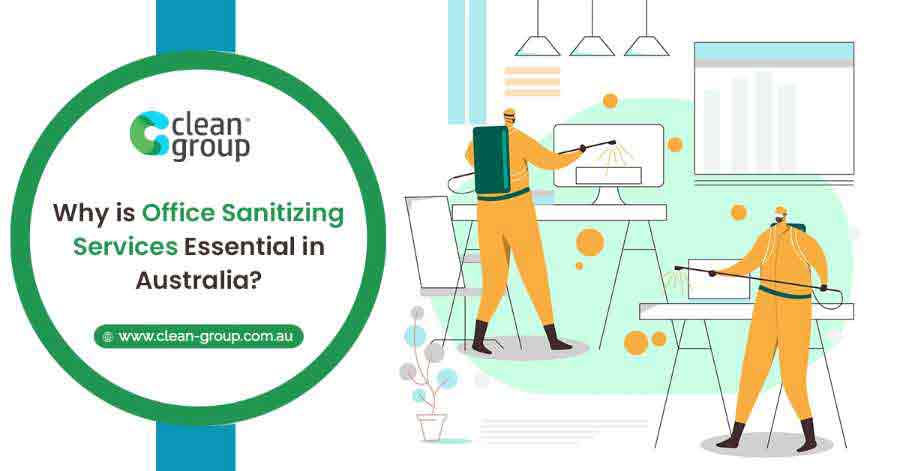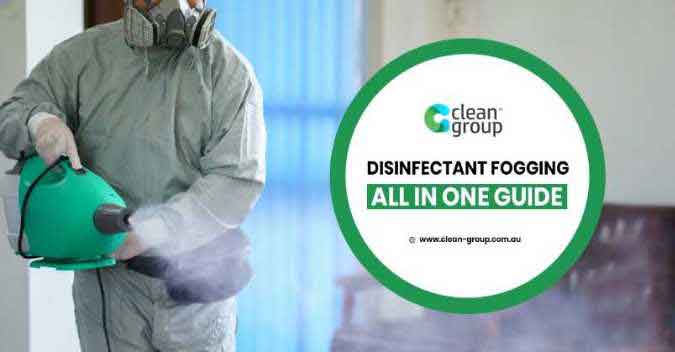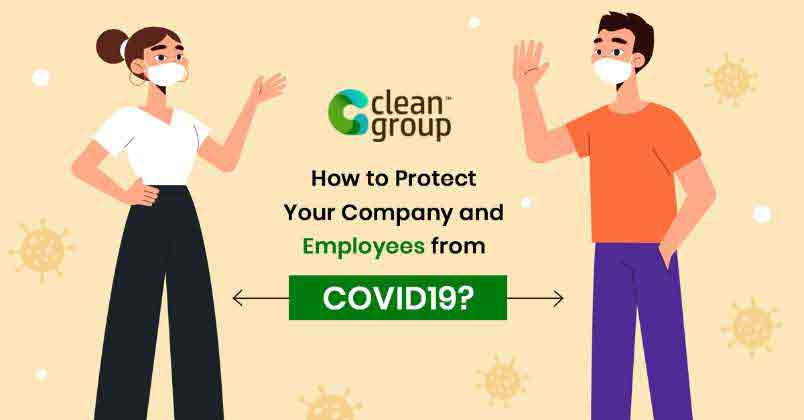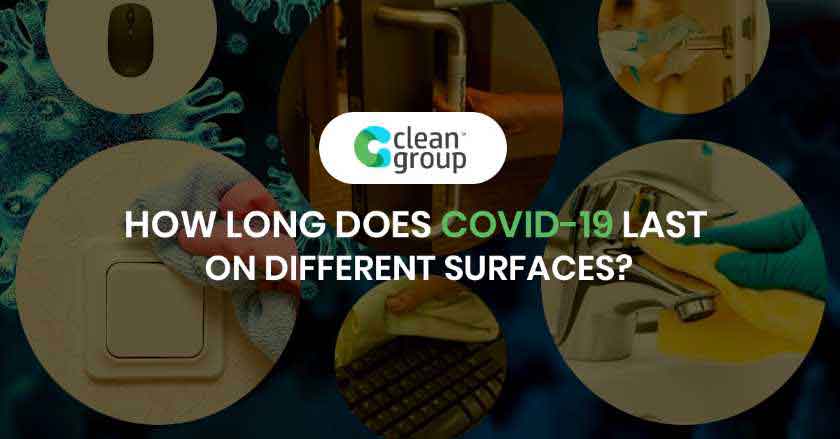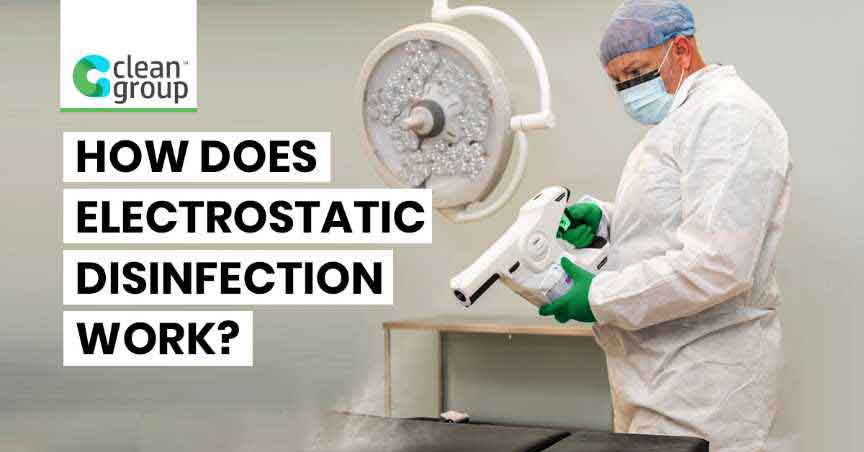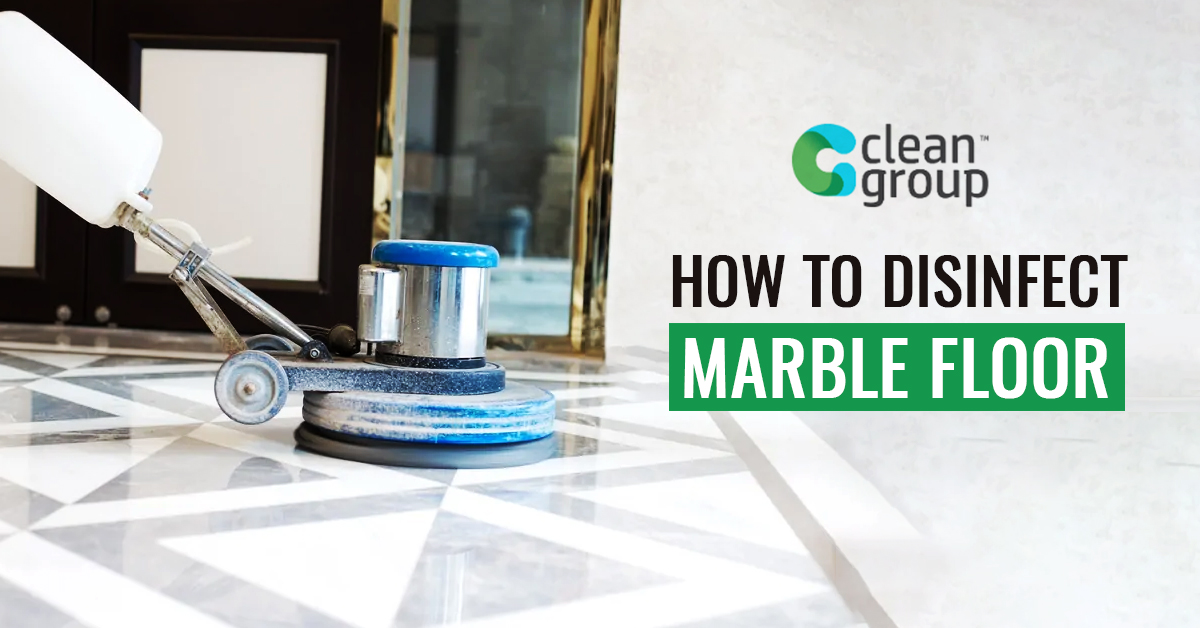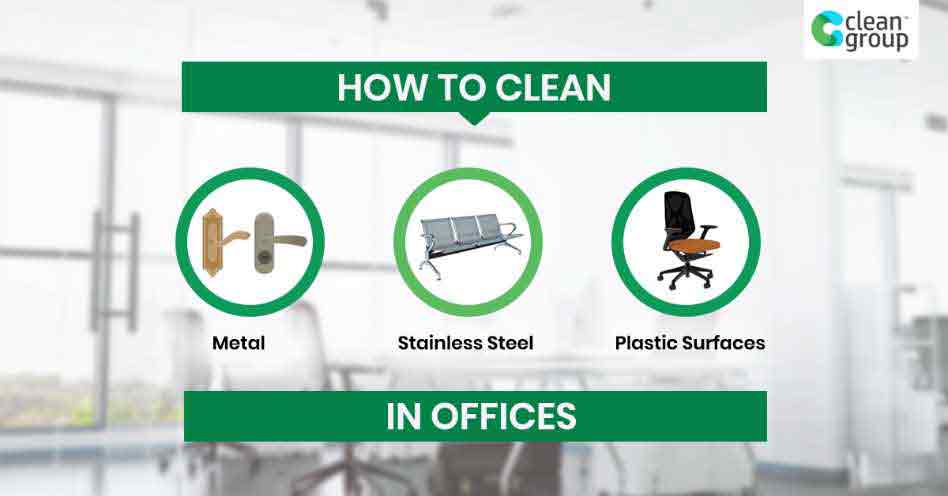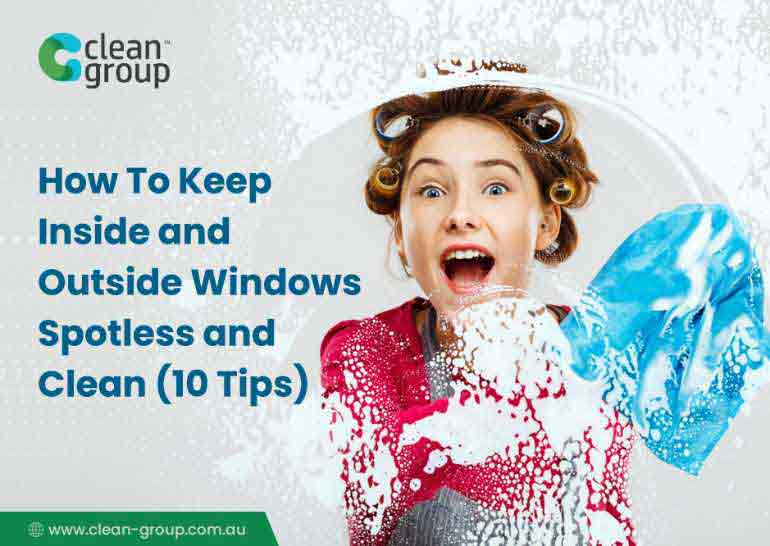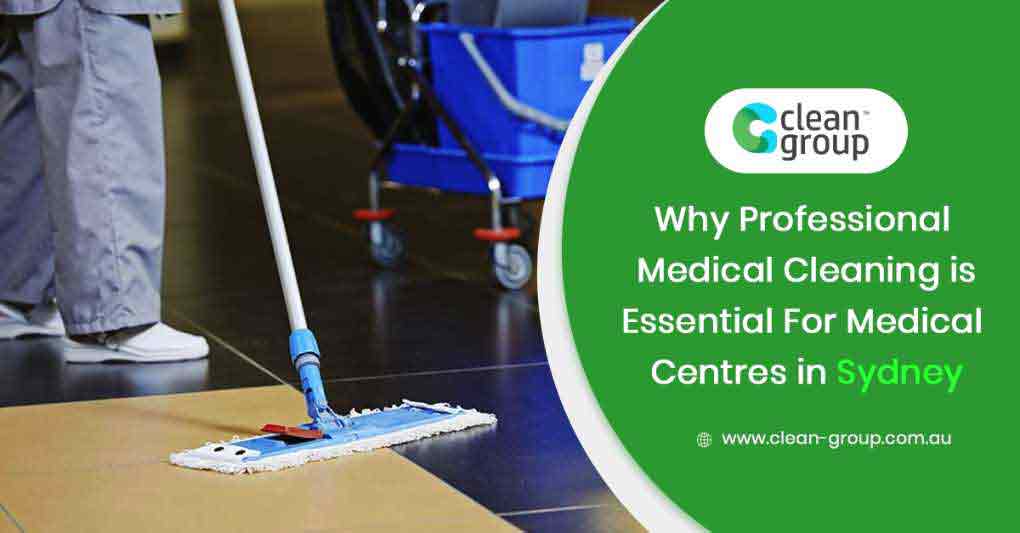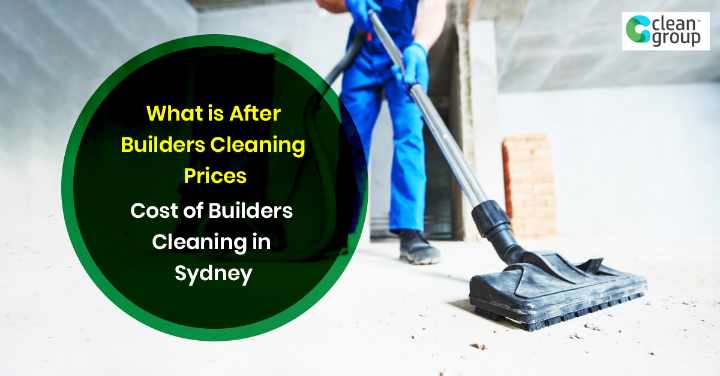People are now more aware of the reason why disinfecting and sanitising is imperative for your offices and businesses during this pandemic. COVID 19 had affected and continues to affect more and more businesses.
Sadly, there are quite a few numbers that resulted in closing down the business. We are not just talking about small entrepreneurs. CoronaVirus had affected the economy and the industry of big and small-scale businesses throughout the world.
In Australia, many companies and offices chose to employ professional office cleaning services who are knowledgeable about COVID-19 cleaning.
These are the commercial cleaners who offer office sanitising services across the country. Clean Group is one of the pioneers when it comes to cleaning. They have been in the market for almost two decades.
It was not easy for them as this era is also their toughest, but, they prove that they can surface and will continue to thrive on living out the rest of the competition.
As we move on, we pay closer attention to who we met and what we touched. We now know and value the importance of disinfection in both our homes and in our offices.
Corona Virus has become more challenging because it will take days for us to know that we are carrying the symptoms. As a result, people are intentionally spreading the virus on every surface that they touched and every place that they visited.
We need to trust commercial cleaners who know what they are doing. Clean Group can do professional sanitising and disinfection services in its most effective ways to ensure a safe and healthy environment for you.
Importance of Office Sanitising Services
We all know that sanitising is now more crucial than before. We cannot remember how many times did we mention in the past that sanitising is different from cleaning.
It is effortless for us to tell them apart. Cleaning alone will not kill the deadly and harmful viruses that all of us are trying to get rid of. Office sanitising services will significantly reduce the number of these viruses tremendously.
All of us need to sanitise even if we are following social distancing and self-quarantine. All of us have our need to go out of our own home may be to get supplies or go to work.
In this way, we are increasing the chances of us carrying the virus at home that may infect our loved ones.
Areas with high traffic are commonly the breeding ground of viruses and germs. Not following the proper sanitising and disinfecting of surfaces or areas will result in creating a higher threat of sickness and infection.
- Sanitising kills the germs and viruses that water and soap cannot.
- Sanitising or disinfecting chemicals are designed to get rid of germs and viruses on the pre-cleaned surface, which helps us lessen the possibility of the people touching it contracting the virus.
- Sanitising and disinfecting promote good health.
- Clean and sanitised businesses and establishments attract more customers.
- Employees are healthier and happier in a safe environment.
Office Sanitising Services Enhanced Cleaning for Prevention
As mentioned in our previous posts, many businesses had relied on commercial cleaning companies in Australia for the safety of their customers and employees.
In this section, we will share with you how many professional commercial cleaners manage sanitising and disinfection amongst their customers and patrons.
Increase the Cleaning Frequency
As a general rule, you need to do the proper deep cleaning before sanitising or disinfecting an area. Most disinfecting and sanitising chemicals will not do their job on unclean surfaces.
Business owners should consider increasing the cleaning frequency for high-traffic areas like restrooms, receptions, entrances, and lifts. These areas include high touch points that harbour germs and deadly viruses.
Always Observe Safety Guidelines
This second item applies to all customers, employees, and assigned cleaners. Effective hand washing is done in twenty seconds with soap and water.
If soap and water are not available, you may use alcohol-based sanitiser as an alternative.
Professional cleaners should wear gloves, eye protection, and gowns or aprons.
- Gloves should be discarded every after usage. Wash hands immediately after.
- Goggles or eye protection protects the cleaner from any potential chemical splashes.
Cleaning chemicals like detergents and disinfectants have to be appropriately labelled and stored in a cool and dry place. Store them in a way that will avoid them from spilling.
Sanitising and Disinfecting of Surfaces
- Sanitise or disinfect an area as soon as possible when a person coughs or sneezes.
- Use disinfectants that are EPA approved.
- Always read and follow the manufacturer’s label when using cleaning or disinfecting chemicals.
- Consult the manufacturer’s recommendation on cleaning products that are safe for electronics. If guidance is not available, you can default to 70 per cent alcohol.
How to Sanitise and Disinfect After Notification of Confirmed Case of COVID 19
The following steps must be followed after a confirmed COVID case.
- Commercial cleaners step into the scene within 48 hours before the onset of the symptoms.
- Areas or specific rooms where the COVID 19 positive person spent time in will be evaluated on a case-to-case basis. Cleaning scopes are designed depending on the risk of contamination as determined by Environmental Health and Safety Department. They will be the ones to assess and identify the areas which will require restricted access.
- The Environmental Health and Safety Department will notify the building management if fumigation or disinfectant fogging is needed to be done during working hours.
- Commercial cleaners will then proceed in cleaning the premise with the outlined cleaning scope. They need to start by opening the windows to increase air circulation.
- Commercial cleaners need to protect themselves and be equipped with the proper PPE before going onsite.
Characteristics of the Chemicals Being Used In Office Sanitising Services
The ideal disinfectant and sanitising agent should possess the following characteristics:
- safe for food contact surface application
- a broad range of activity
- rapidly destroy microorganisms
- should be steady under all types of conditions
- possess some detergency
- affordable
- low in toxicity and corrosivity
As commercial cleaners, we know that we are doing a good cause for the community. We are on the frontline too.
We want to stay above reproach in our pricing, and also we need to be safe. Commercial cleaners take risks that a lot of people are not willing to take.
The traditional cleaning method is something that we cannot do all throughout. The demand has many changes to office life based on the challenges that we are facing.
Share with us how you are able to protect your employees while delivering the service that our community needs us to do. This is the time that we shine on what we do best.
